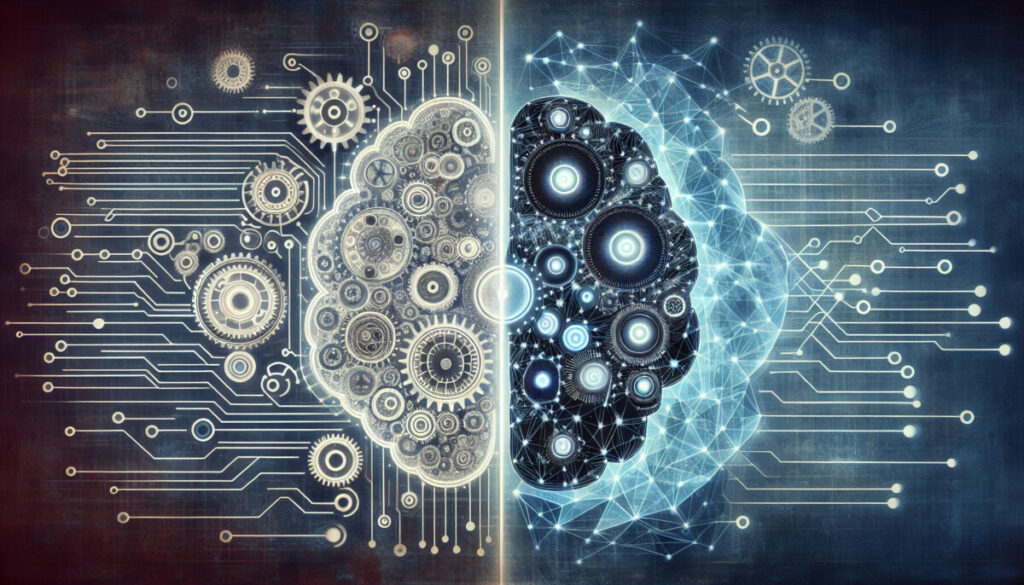AI
Artificial Intelligence's Role in Combating Climate Change and Driving Energy Transition
19 September 2024
|
Zaker Adham
Artificial Intelligence (AI) is emerging as a powerful tool in addressing the pressing challenges of climate change and the global shift towards sustainable energy. AI systems, which can make predictions, recommendations, and decisions, are playing a vital role in optimizing energy production, distribution, and consumption, while reducing negative environmental impacts.

One of the key ways AI can contribute to sustainability is by facilitating the integration of renewable energy sources like solar and wind into current energy grids. Additionally, AI can improve energy efficiency across industries and sectors by leveraging predictive analytics for climate modeling, emissions reduction, and disaster management. For instance, AI-powered systems can forecast energy demand, predict natural disasters, and enhance environmental conservation efforts through data-driven insights.
However, as AI's influence grows in the fight against climate change and energy transition, challenges remain. Issues such as job displacement, increased resource consumption, and the spread of misinformation highlight the need for ethical considerations. Ensuring transparency, accountability, and fairness throughout the AI lifecycle—from data collection to decision-making—will be essential in maximizing the positive impact of AI while maintaining public trust.
Researchers and industry leaders are encouraged to focus on the ethics surrounding AI development and implementation to minimize risks and maximize its benefits. By addressing these challenges, AI can continue to be a driving force in mitigating climate change and fostering a more sustainable energy future.
This article invites researchers and multidisciplinary experts to explore the intersection of AI, climate change, and energy transition. Topics such as AI’s role in carbon trading, renewable energy diffusion, climate modeling, emissions management, and smart grid optimization are just some of the areas where AI could make a difference. Additionally, the importance of public policy, education, and ethical considerations in this field is crucial to ensuring the responsible deployment of AI in these critical sectors.




